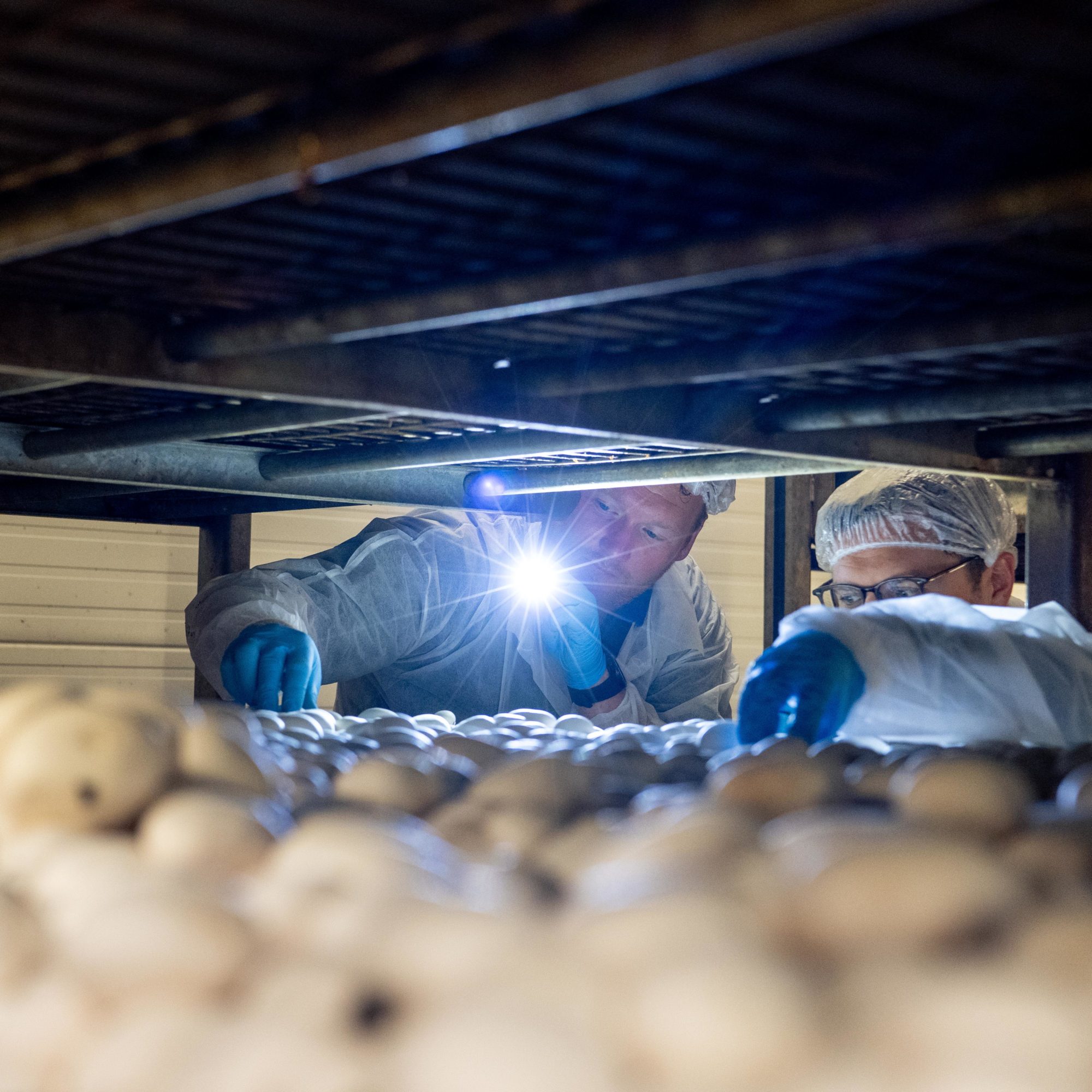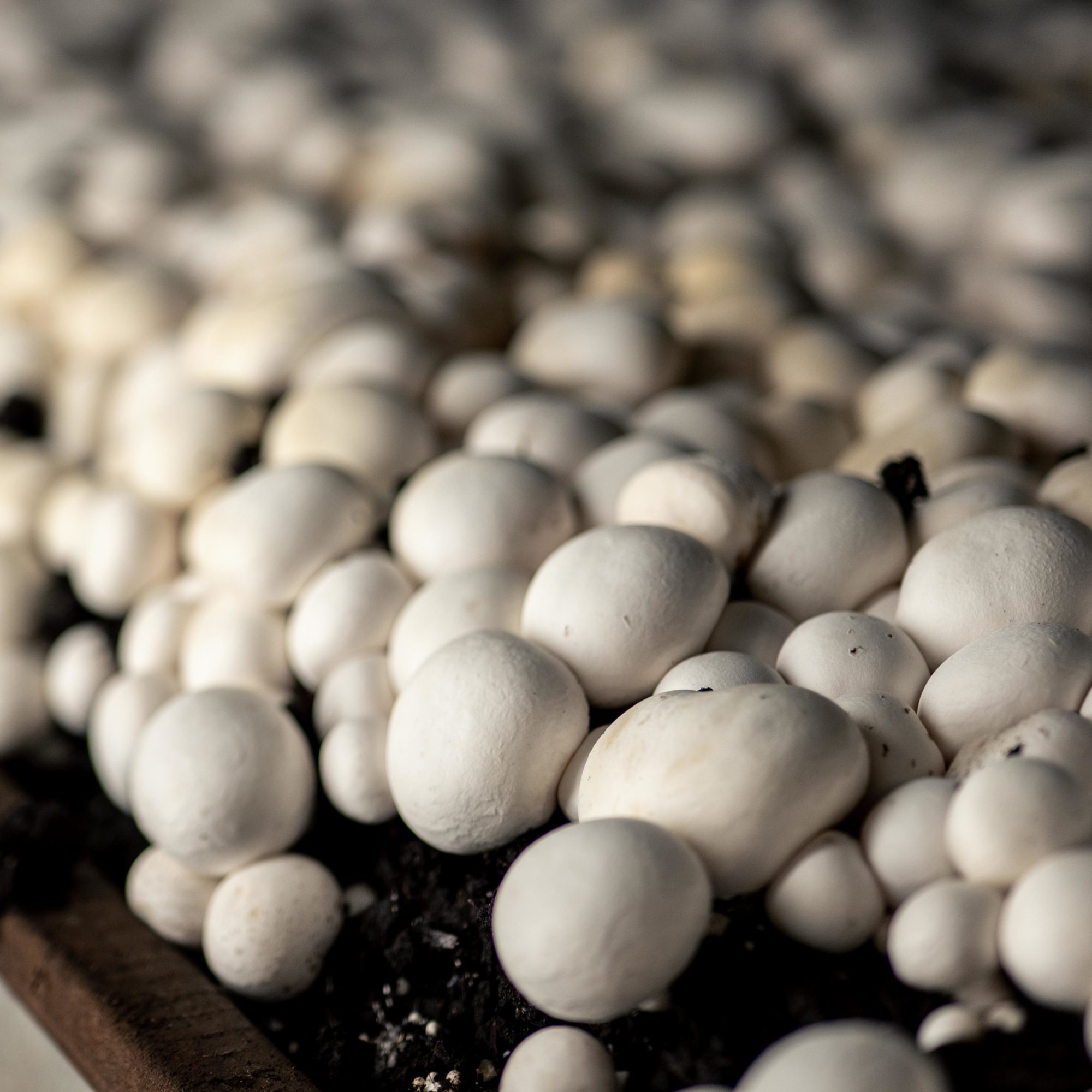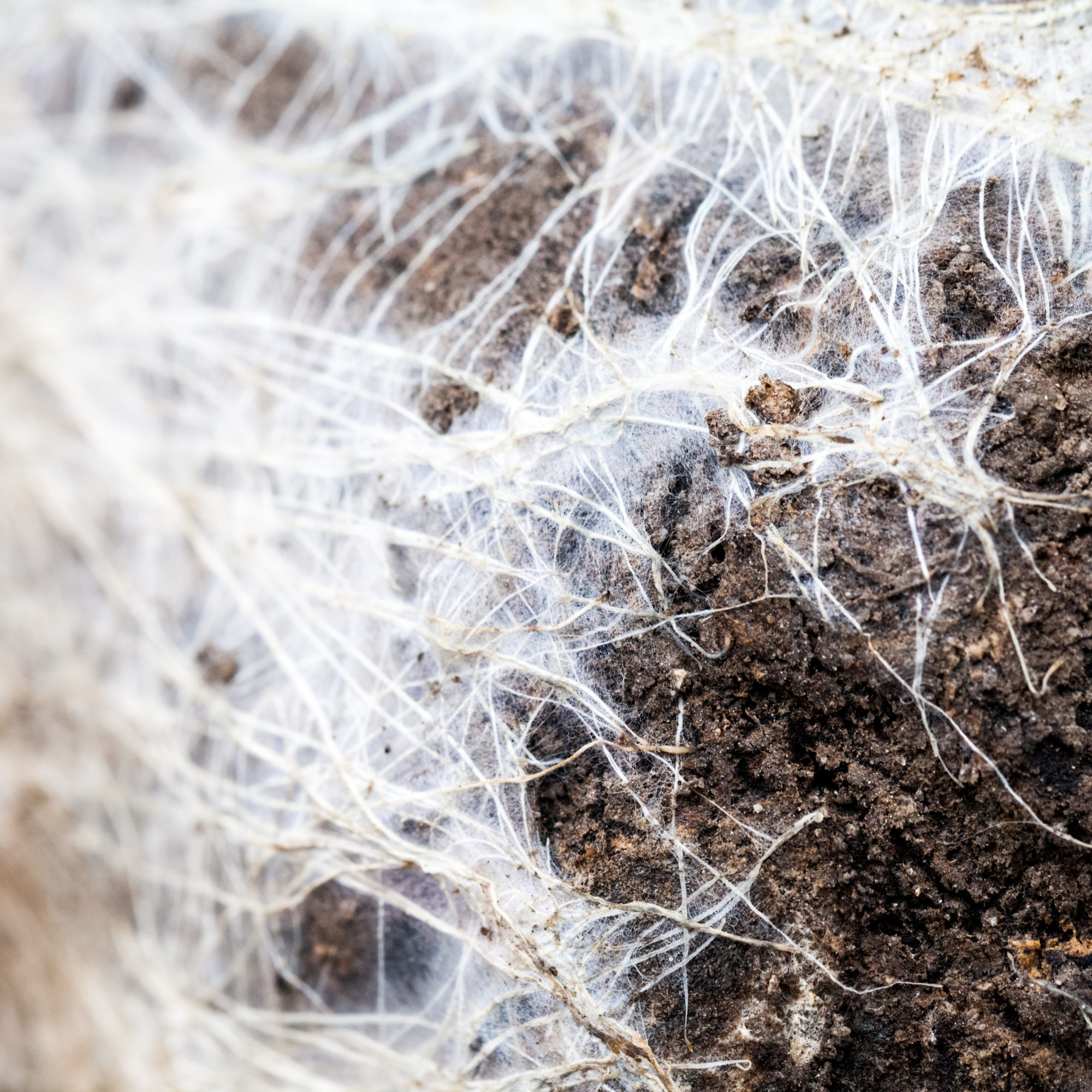Why are white mushrooms often called “Paris mushrooms”?
French horticulturists began cultivating mushrooms during the reign of King Louis XIV, in the 17th Century. In the following century, the mushrooms were cultivated in caves or abandoned quarries around Paris. This marked the dawn of controlled mushroom farming, setting the stage for a culinary revolution, and the name “Paris mushrooms” appeared – where it all began.
When did we start using agricultural by-products and compost as a growing medium ?
As we move into the 19th century, the art of mushroom cultivation spread beyond France, reaching neighbouring countries like England. The use of agricultural by-products and compost as a growing medium was a game-changer, significantly boosting yields. This period was marked by experimentation and refinement, as growers sought to perfect their techniques.
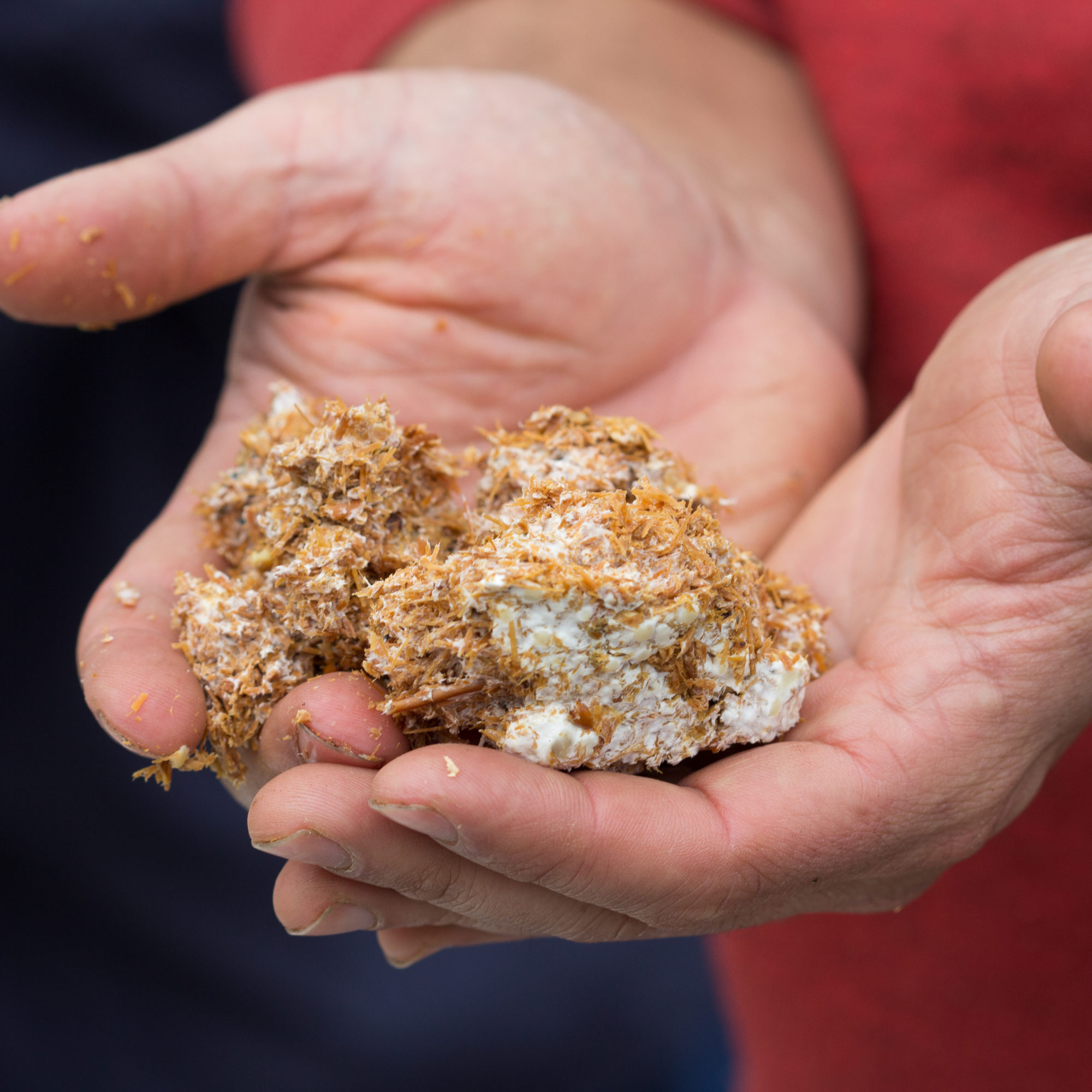
How Did the Industrial Revolution Impact Mushroom Farming?
The 19th century brought the industrial revolution, a time of great change and advancement in agriculture. This era saw significant improvements in production efficiency and quality, as new technologies and methods were introduced. Mushroom farming was no exception, benefiting from these innovations and expanding its reach across Europe.
When did mushroom cultivation began in the USA ?
In the 1920’s, a bunch of white mushrooms appeared on a farm in Pennsylvania, USA and from them spores were isolated to produce the white strains that are most common today.
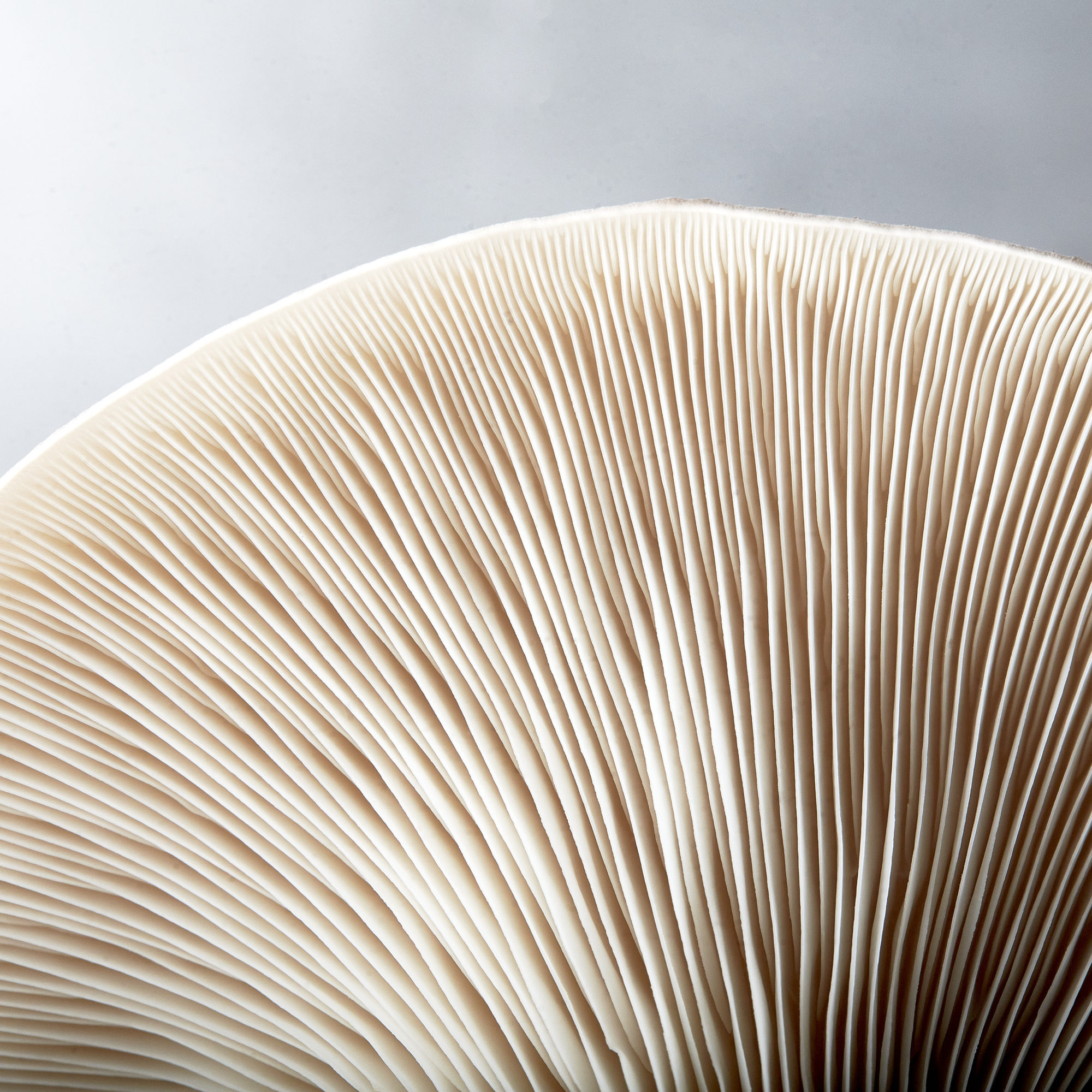
When did mushrooms growers start using spawn ?
The mid-20th century was a period of significant expansion for mushroom production in Europe. After 1945, technological advancements such as the development of spawn (mycelium used to propagate mushrooms) and the introduction of climate-controlled growing rooms revolutionized the industry. These innovations allowed for year-round cultivation and consistent quality, meeting the growing demand for mushrooms.
Are we still producing mushrooms in Europe ?
Today, Europe stands as a leader in mushroom production, with countries like Poland and the Netherlands at the forefront. The European mushroom sector has evolved significantly, incorporating advanced technologies and sustainable practices: modern farms utilize climate-controlled growing rooms, automated watering systems, and precise environmental monitoring.
The mushroom industry provides over 40,000 direct jobs across rural areas of Europe and contributes significantly to local economies.
